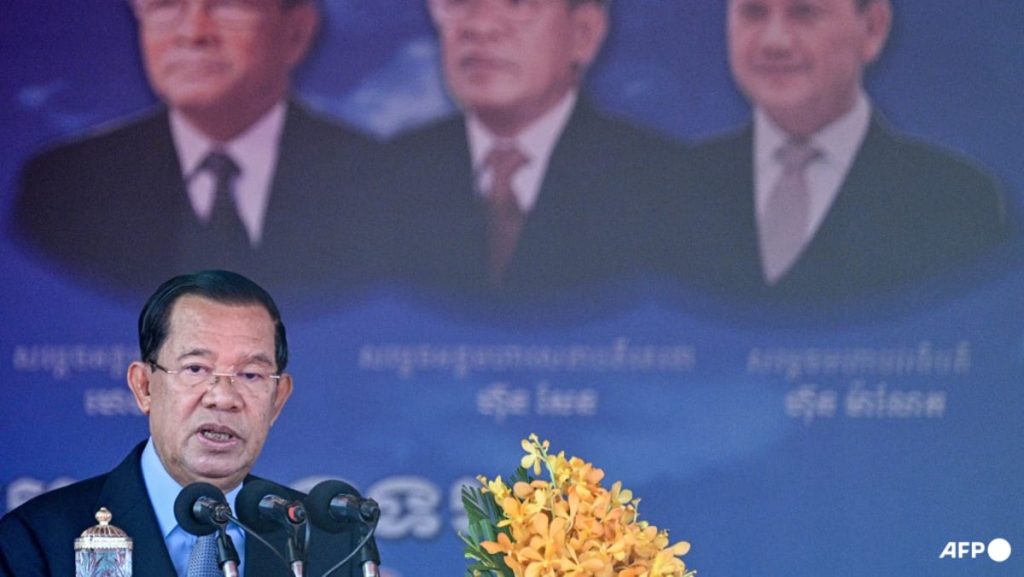The legacy of the Khmer Rouge regime and its overthrow on January 7, 1979, continues to shape Cambodia’s political landscape. This date, celebrated by the ruling Cambodian People’s Party (CPP) as “Victory Day,” commemorates the expulsion of the brutal Khmer Rouge and the subsequent installation of a new government. The Khmer Rouge, under the leadership of Pol Pot, unleashed a reign of terror from 1975 to 1979, resulting in the deaths of an estimated two million Cambodians through starvation, forced labor, torture, and mass executions. The regime’s demise came about with the intervention of Vietnamese forces, led by Hun Sen, a former Khmer Rouge cadre himself, who would go on to become Cambodia’s long-serving prime minister.
Hun Sen’s role in the overthrow of the Khmer Rouge has cemented his position as a pivotal figure in Cambodian politics. His leadership spanned decades, marked by both significant development and persistent concerns about human rights and democratic freedoms. In 2023, Hun Sen orchestrated a transition of power, stepping down from the premiership and handing the reins to his eldest son, Hun Manet. This dynastic succession marked a new chapter in Cambodian politics, raising questions about the future direction of the country under the younger Hun’s leadership.
The 46th anniversary of the end of Khmer Rouge rule in 2024 was a significant occasion, highlighted by Hun Sen’s pronouncements regarding the protection of the current government. He framed the day as Cambodia’s “second birthday,” emphasizing the importance of preserving the peace and stability achieved since the Khmer Rouge era. However, his call for a new law targeting those seeking to overthrow his son’s government has sparked controversy, raising concerns about potential limitations on political dissent and freedom of expression.
The proposed law, as described by Hun Sen, would broadly define “terrorism” to encompass a range of activities deemed threatening to the government. This includes planning or conspiring to create extremist movements, causing social chaos or insecurity, provoking conflicts with other nations, and attempting to overthrow the legitimate government. Critics argue that such a broad definition could be used to suppress legitimate political opposition and stifle dissent, further consolidating the ruling party’s grip on power.
The differing interpretations of January 7 highlight the deep political divisions within Cambodia. While the CPP celebrates it as a day of liberation, marking the end of the Khmer Rouge’s reign of terror, opposition groups view it as the beginning of a decade-long Vietnamese occupation. This contrasting perspective reflects the ongoing struggle to reconcile with the complex history of the period and its enduring impact on Cambodian society. The opposition’s narrative emphasizes the loss of sovereignty and the imposition of a foreign-backed regime, while the ruling party focuses on the deliverance from the Khmer Rouge’s brutality and the subsequent peace and stability.
The proposed law advocated by Hun Sen adds another layer of complexity to this historical debate. By labeling those who seek to overthrow the government as “terrorists,” it potentially criminalizes dissent and reinforces the narrative of the ruling party as the sole guarantor of peace and stability. This move could further marginalize opposition voices and limit the space for open political dialogue within Cambodia. The international community will be closely watching how this proposed law develops and its potential impact on human rights and democratic freedoms in the country. The legacy of the Khmer Rouge, the subsequent Vietnamese intervention, and the evolving political landscape continue to shape the narrative and the future of Cambodia.

